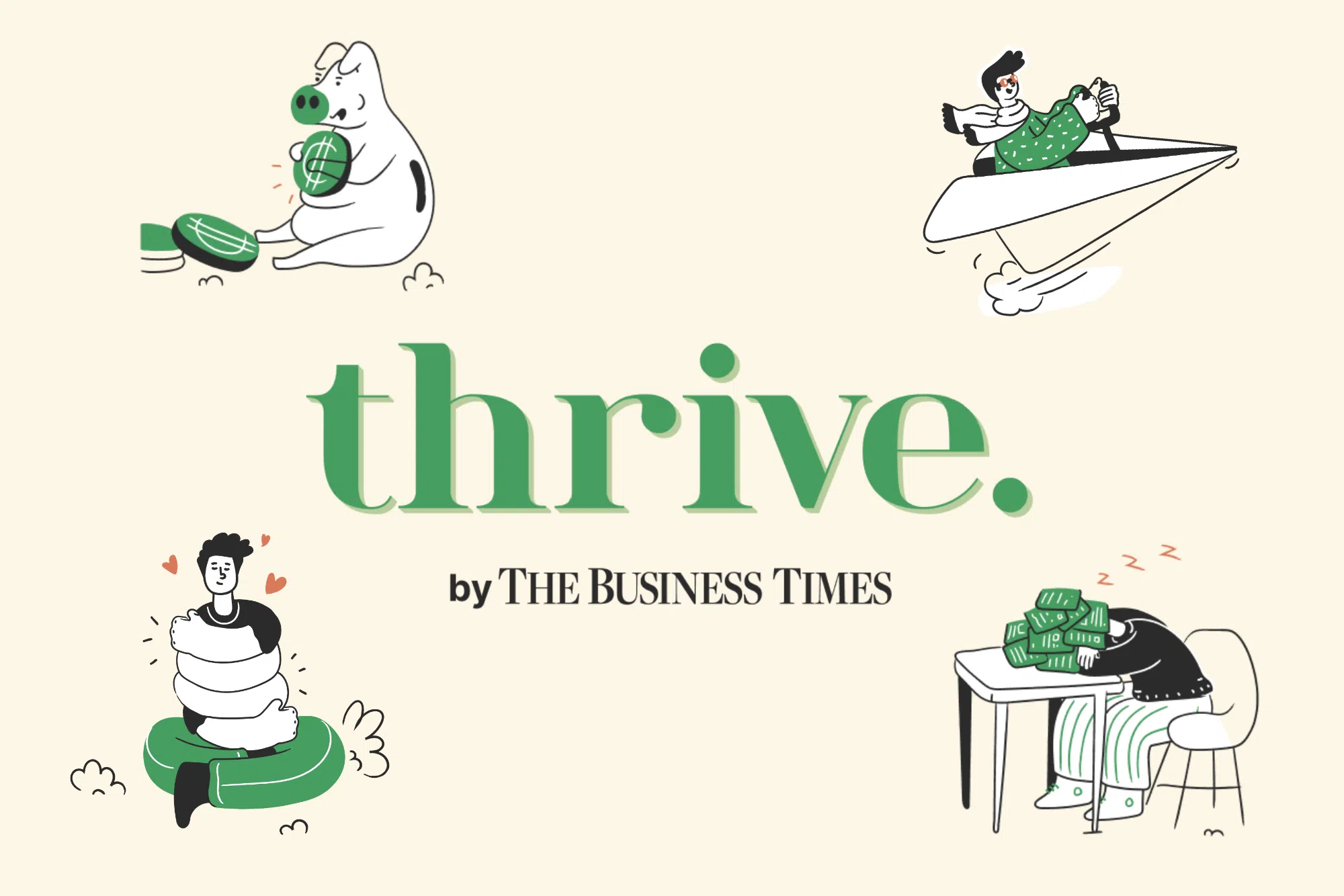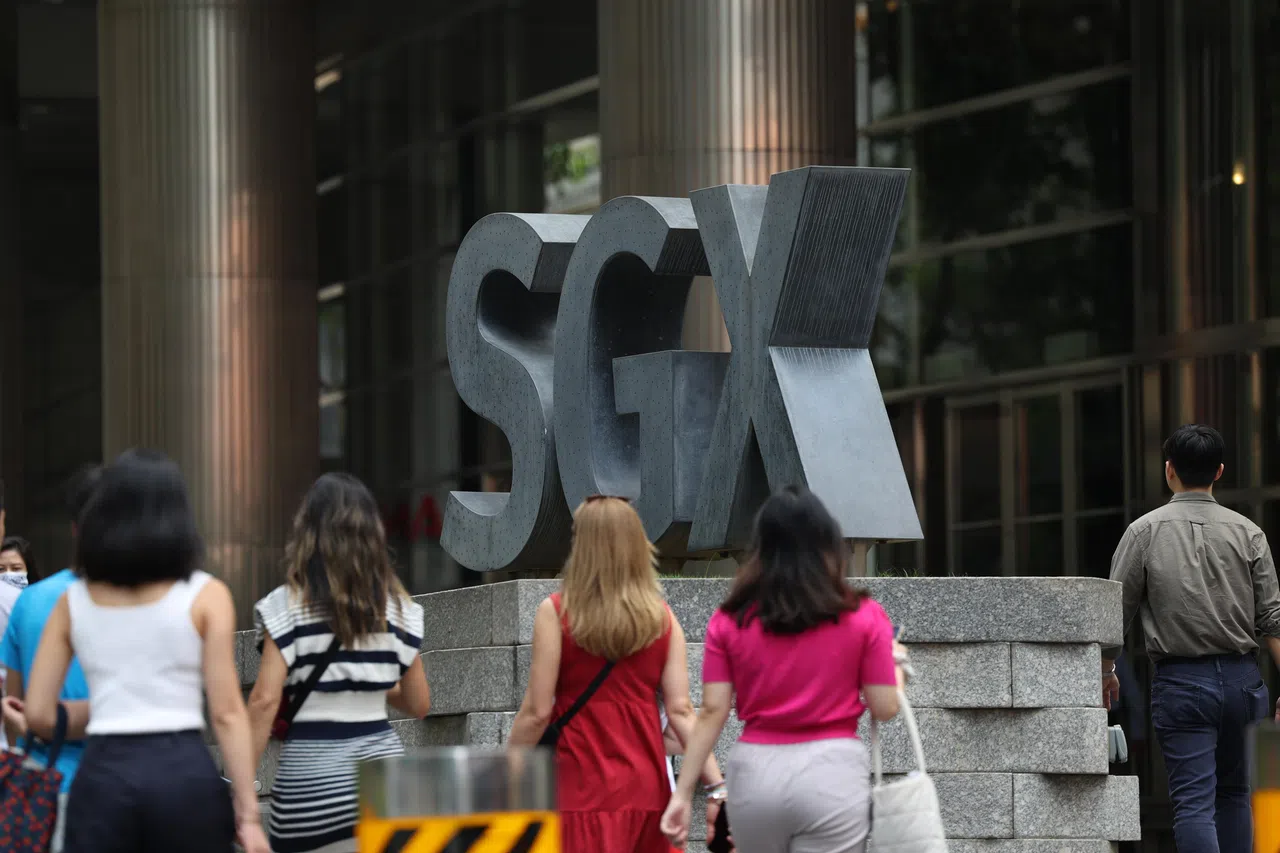🧮 Numbers game
We’re familiar with various financial goals such as saving S$100,000 by 30, or retiring by 45 with enough to live comfortably for the rest of one’s life.
But let’s take a step back – how were these figures decided on? Could they simply be arbitrary markers of success?
The FIRE movement is typically defined by extreme savings, investing and being frugal, with the end goals of financial independence and retiring earlier than other usual plans would permit.
Chuin Ting Weber, CEO and chief investment officer of MoneyOwl tells thrive that although it is good to be thrifty – as FIRE prescribes – chasing a broad idea of “financial freedom” blindly can hold more traps than promises.
She explains that, by this standard, there will always be someone who has more in terms of wealth, and is therefore “more free” than you.
“This could create a defeatist money mindset, as you end up constantly comparing your life to others,” Weber says.
A NEWSLETTER FOR YOU
Friday, 3 pm
Thrive
Money, career and life hacks to help young adults stay ahead of the curve.
Because financial freedom could imply that people cannot be satisfied until they’ve hit their goal, the FIRE movement can run counter to the aim of inculcating healthy financial habits and positive life values.
“If we are not careful, this could result in us being enslaved to money, and a certain lifestyle, instead of being free,” she adds.
😵💫 Money = Freedom?
While money is important and can lead to happiness – it is only up to a certain point.
According to a survey from a Geneva-based private bank last year, Singapore’s wealthy were the least satisfied with their work-life balance as compared with their Asian peers.
Conflating things such as money with freedom and happiness could set people up for intense disappointment, Weber warns.
“The danger of such a mindset is that individuals may be trying to squeeze a lot of returns out of money in a very short time,” she explains.
So instead of running headfirst towards big, looming goals such as “financial freedom” and “financial independence”, perhaps people should be looking at something with a bit more structure.
One alternative benchmark suggested by Weber could be the United Nations’ framework on financial health, and how it encompasses three dimensions – financial security, financial freedom and financial control.

🪓 We do not dream of labour, but…

As much as work can be a drag sometimes, having a job can give people a sense of meaning and purpose in life, or at least a sense of structure, on top of regular income.
“Singaporeans seem to dislike work very much, but the truth is that working has its benefits too, to be fair,” Weber says. “Some people who retire early actually find that it can be very debilitating to sit around and do nothing.”
In fact, some may even choose to “unretire” and return to work. A survey in the US last year found that 12 per cent of retirees aged 62 to 85 plan to go back to work, while a quarter of them have already done so.
“We need to accept that there’s no 100 per cent guarantee in life, and we should be able to handle risks in life with the proper tools, particularly in the area of financial planning,” says Weber.
Our goal may be to achieve financial independence and retire early, but life could have other plans for us. This means that early and consistent planning for rainy days, in the event of sudden financial losses, physical illness or deaths in the family and more, should be factored in.
FIRE aside, these are some sustainable alternatives 🌱 that you can consider in your savings journey:
Adopt a flexible saving strategy: Instead of sticking to saving a rigid percentage of your income, consider a dynamic savings approach based on your own financial situation. You can save more aggressively during high-earning periods or when expenses are lower, and be more forgiving during times of increased financial demand (when you need to pay off debts, for example). This reduces the pressure of maintaining strict savings targets all the time.
Construct margins and safety nets around your existing finances: Investing in things such as insurance policies, an emergency fund or retirement accounts early can serve as a buffer for any unforeseen circumstances. It’s easy to put these things off when we’re younger and feel healthy, but you never know what can happen in the future. (See: MediShield Life premiums set to rise from April next year 👀, for example).
Develop a positive work-life balance instead of focusing solely on retiring early: Aiming for a more balanced life now could be a healthier approach to your finances. This could mean working consistently instead of hustling so one doesn’t burn out, and pursuing hobbies, freelance work or entrepreneurial endeavours on the side. The goal is to achieve financial security that supports a fulfilling life without necessarily quitting work altogether.
Remember that you are your most important financial asset: Ultimately, you are your best friend when it comes to accruing your finances.
TL;DR
Financial freedom as a goal may be well-intentioned, but certain targets remain unclear if it is pursued loosely
It’s easy to get sucked into comparing your “financial freedom” with that of other people
Viewing money as a ticket to happiness and freedom is a damaging mindset that could lead to more disappointment in the long run
Working may not be a bad thing, as it can provide people with a sense of purpose, direction and responsibility in life
Instead of focusing solely on accumulating immense wealth and retiring early, it’s more sustainable to be consistent in saving and investing with rainy days in mind



